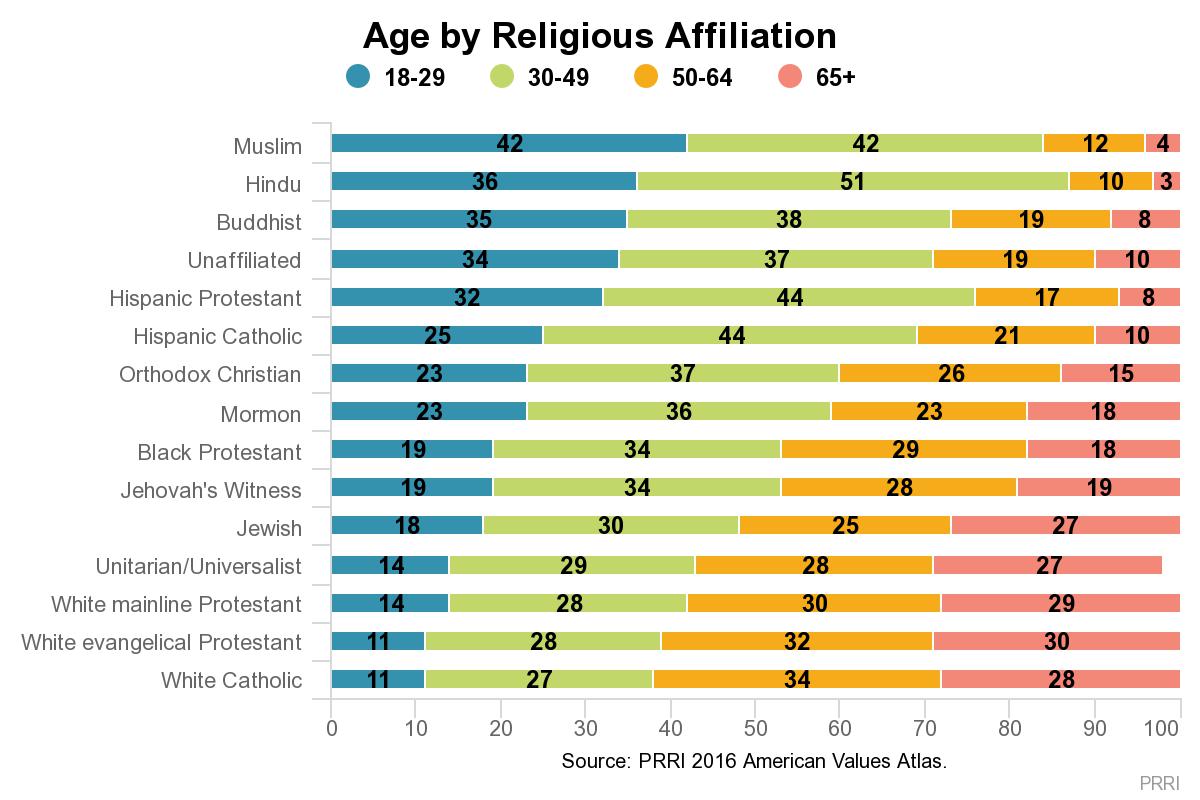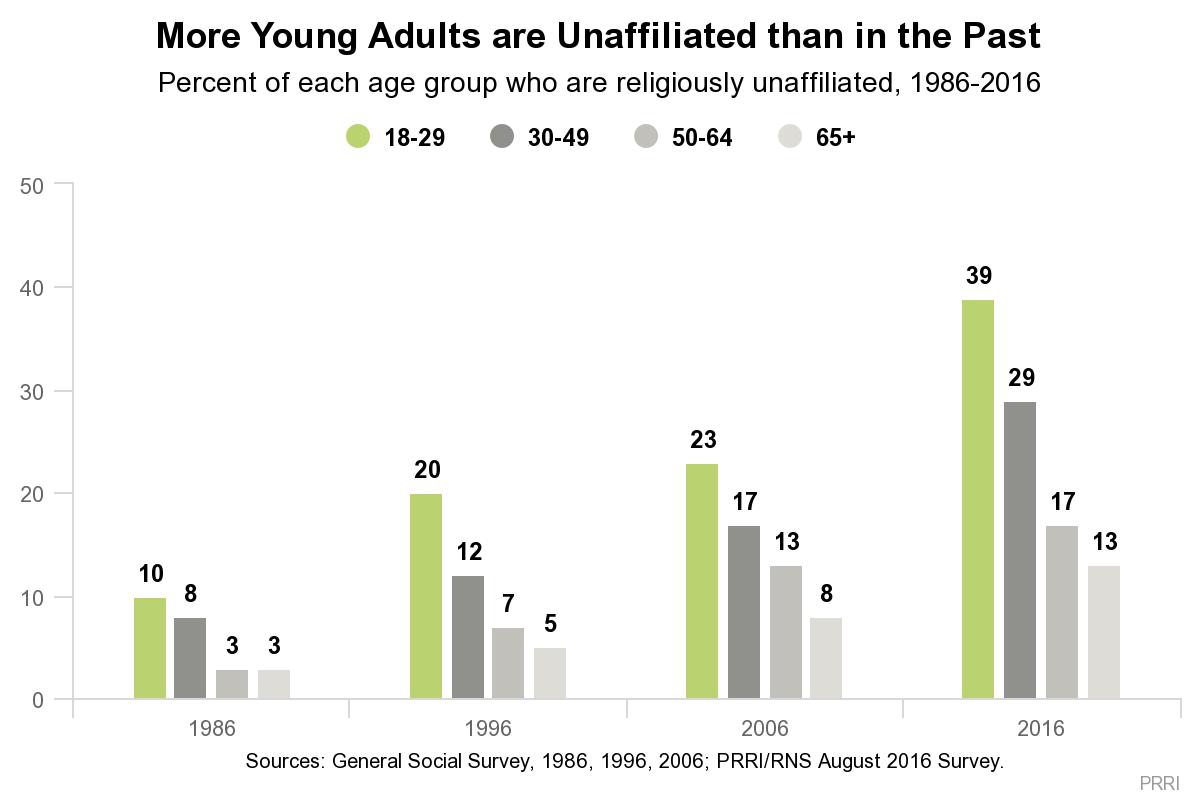I like your little chart and am fascinated by the responses and varied analyses here. A coworker asked me several years ago (fall 2009) where asteroids came from. When I told her they were left over from the Big Bang, she spent the next three days screaming at me. Every time she saw me she asked the question and I should probably not have bothered answering after the second time, but – yes, screaming at the top of her lungs–the skin on her face shaking as she screamed. So the issue is still viable for many. There are indeed people who are solidly YEC and will support nothing less. And yes, this woman – at age 68 – was probably within the age range that one respondent here suggested for BioLogos commenters. However she would not likely be on this website. I think the tension between the various viewpoints will continue to exist – and interest in the subject will ebb and flow, depending upon the state of the economy, the state of an individual’s marriage or their savings for retirement or the needs of their lawns or other concerns, and so on.
And no one seems to have taken a stab at the Feb 2014 blip. What is your theory?
I figured someone would have noted the Feb 2014 upswing in searches for this term (and creationism and evolution etc…). This increase in web search traffic was certainly the result of the Ken Ham/Bill Nye debate which took place in February of 2014. There was a huge surge in social media interest and I noticed a significant increase in traffic to my blog at this time.
I think what you guys are noticing is not limited to YEC or origins debates, but an overall trend in the church:
https://www.prri.org/spotlight/additional-evidence-white-evangelical-protestant-decline/
A few highlights from the article:
"In 1997, the high point of white evangelical identity in the 1990s, 27% of Americans identified as white evangelical Protestant, and white evangelicals continued to be 22% of the population as recently as 2003. By 2012, the last year for which data was available in the Pew Values Survey dataset, white evangelical Protestants have dropped nine percentage points since 1997 to 18%.
"Over the last decade, the Southern Baptist Convention (SBC)—by far the largest evangelical denomination in the country and one that is overwhelmingly non-Hispanic and white—has lost more than 1 million members, according to LifeWay’s Annual Church Profile. The SBC has recorded negative growth rates in every year beginning in 2007.
“In our 2016 report, we found that only eight percent of young adults (age 18 to 29), compared to 26% of seniors (age 65 or older), identify as white evangelical Protestant. These generational differences are basically linear. The younger one is, the less likely one is to identify as white evangelical Protestant.”
The text accompany the above chart notes that the median age of white evangelical Protestants, Catholics, and mainline Protestants has risen to about 55.
In sum, we seem to represent the median age of evangelical believers, and the lack of younger participants simply reflects the rising numbers of “unaffiliated” among them. The falling traffic in YEC/origins debates similarly reflects the declining percentage of evangelicals as an overall share of the population, which the data from the Southern Baptist Convention implies (since the SBC is by far the largest evangelical denomination).
Edit: And a majority of the SBC are YEC believers.
Did I meet your criteria?
@Jay313, nice detail in some of those charts.
Looks like BioLogos is going to need some of the foundation essays (and Mission Statements) in Spanish!
There is an Hispanic surge coming in Catholics AND Protestants!
You are probably correct. I think listening to one or both sides gives you things to think about. Having the ability to further question one or both sides is an advantage of our era. After seeing “Is Genesis History?” I had questions for BioLogos. After visiting the Creation Museum, I had questions as well…did some Googling etc…That is how we learn.
Thanks for the input.
Religion is progressively becoming decoupled from propositional truth (much less historical truth) in the public mind, especially among younger people. It is becoming a matter of achieving or maintaining desirable emotional states through prayer, meditation, mystical experience, ritual, and service–not of believing certain doctrines or propositions. To the extent that younger people take interest in religious history at all, many of them see it as illustrating the futility of trying to arrive at a faith consensus about biblical teaching or the historicity of the Bible. The record of Christian disagreement is enervating and repellent to behold. Further, YECs and conservative Evangelicals see the strength of a person’s faith as a function of how much seemingly solid evidence he or she can reject. A steadily shrinking number of us (mostly older people) think that propositional and historical truth is worth discussing, and that evidence is still relevant to a correct interpretation of the Bible. To me it seems that intellectual exhaustion, if not intellectual laziness, is rampant–but that’s just my geezer’s point of view, right?
Science is squarely within your (our) camp in caring about these things too. Is there any shrinkage of people pursuing the sciences?
I may be on the edge of what you consider geezerhood, but I think we could throw a little party together around what you said. Truth matters! (And we can still put on some music.)
Heard from my history teaching colleague at school: “Those who are ignorant of history are doomed to repeat it. And those who are not ignorant are doomed to watch as it happens.”
In a Youtube Atheist Fest video, I was surprised to hear this “factoid” thrown out to the audience…
One of the speakers used the current state of religion in Scandinavia to show that religion is not necessary for a society to be happy, peaceful and adjusted.
Surely, the lands of snow blindness have not shifted so much that these kinds of conclusions can be bandied about so confidently? Anybody have some thoughts to render on the blonde atheists that are supposedly coming out the North Lands like a new wave of heathen Vikings?
Never change, George.
Hmmm… reverse psychology? Or genuine support?

Admiral Akbar thinks it is a trap!
I would think that the biggest factors for a happy and peaceful society is mainly economics. If people can feed, clothe, house, and heal their family without much fuss then they are going to be happy and peaceful. We could also add human rights to that list, such as fair courts, a civilian government accountable to the people, and freedom of religion, speech, and press.
This comment hit home with me when I look back on our protestant evangelical church’s series on Creation or Evolution last summer. After watching the movie in our church auditorium, someone asked my wife and I what we thought about the"Is Genesis History" movie. My wife (she beat me to it) said their are a lot of scientific errors in the movie. She responded to my wife by saying “well I believe in the bible”, as if we didn’t. Another woman in our bible study group was very positive on it, until I said to her that no true scientist will ever believe there were dinosaurs on the ark. She got silent and since then I have noticed a withdrawal between us. Even our group leader who is an engineer and business leader has accused bio logos of being the ones who are not open to YEC views after visiting the site after my comments. When my PhD step son confronted our pastor after the movie and riddled him with silver bullets filled with the multiple errors, our group leader moved away and found refuge in another group of people.
So I suggest that it is fear rather than demographics that is the common element here - fear of loss of faith and that science is attempting to steal it away from them. Ironically Jesus teaches that faith is a gift which cannot be lost! But still the fear of whether their faith is strong enough to be saved haunts many Christians.
I think we need to use the bible itself to help our YEC brothers and sisters overcome this fear of loss of faith and then the open dialogue can begin.
I was YEC when younger, and that is a good deal of what you hear. “That’s what the Bible says” – is something people often say. And then something about the educational system, etc…
.I came to a crossroads when I found myself wondering why people love it when science, archaeology, history back up something in the Bible, but then reject that same thing when it says otherwise. When a nonbeliever is told the Bible has historical significance here or there, they always say “What about evolution?” If our only response is something about not enough dust on the moon (heard that one somewhere), it hardly makes us look consistent in our professed commitment to truth.
And what people hear in one place – a 24-hour day – may not be what some hear in another place --Augustine said such and so, Asa Gray was this or that…It helps to have a rounded set of information on the subject.
I do not get into the subject with people much unless they bring it up, and even then I would rather not be yelled at. And I loved “Is Genesis History?” but it does not mean I was convinced by it. It was beautifully filmed and beautifully told.

